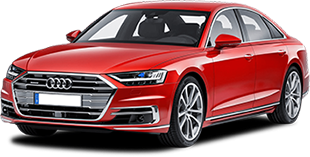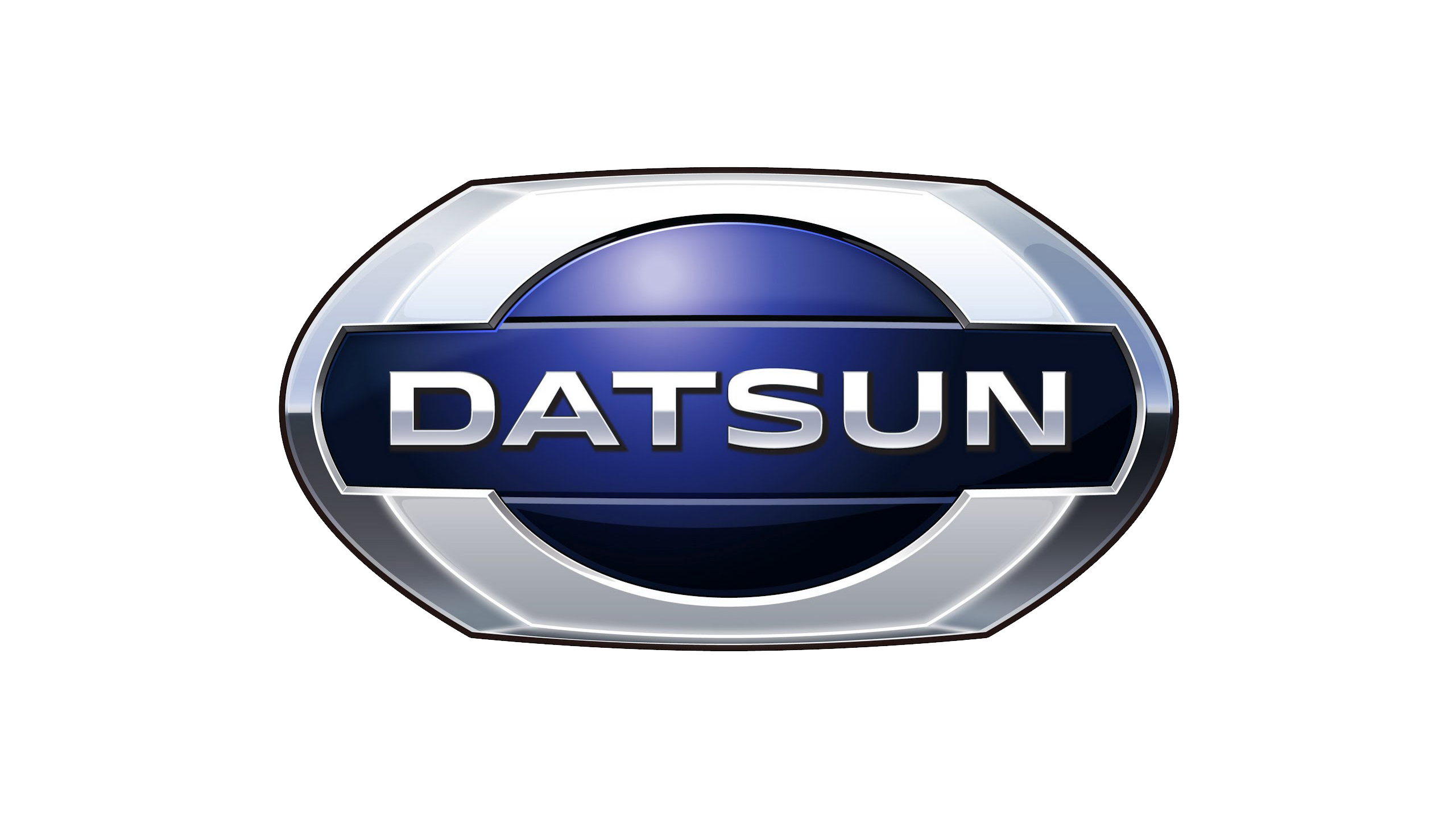Datsun - Go - Owners Manual - 2014 - 2014
Get your hands on the complete Datsun factory workshop software
Download nowGet your hands on the Complete Datsun Factory Workshop Software
Download nowGet notified when we add a new DatsunGo+ Manual
We cover 60 Datsun vehicles, were you looking for one of these?

Datsun 1200 Model B110 Chassis & Body Service Manual

Datsun 1000 1200 A10 A12 Engine Service Manual

Datsun Sports Car 1600 2000 Models Service Manual PDF

1977 Datsun Pick-up Model 620 Series Service Manual

1979 Datsun 210 Service Manual Model B310 Series PDF

Datsun 1600 510 Series L16 Engine Service Repair Manual PDF

Datsun 510 & Pick-up range 1968-1973 Workshop Manual

Datsun 1200 Model B110 Chassis & Body Repair Manual

1976 Datsun B210 Service Repair Manual PDF

Workshop Manual Datsun 510 1300 1600 L13-16S

Datsun Pick-up Model 521 Series Service Manual Chassis and Body

Datsun 510 1969-1973 Workshop maintenance & repair manual PDF

1973 Datsun 1200 MODEL B110 Series Service Repair Manual PDF

Chiltons Datsun 1973-78 Repair and Tune-up Guide

1980 Datsun 510 Service Manual PDF

Datsun - Mi-Do - Workshop Manual - (1991)

Service Manual Datsun Model 410 Series PDF

Datsun 1300 & 1600 up to 1970 Workshop Manual PDF

Datsun Car Care Guide For Models B210, 610, 710

1981 DATSUN 310 Factory Service Repair Manual N10 PDF

1980 Datsun Pick-up Model 720 Factory Service Manual_5d8a7f7555b717a97784047

Datsun 310 1979 Factory Service Manual PDF

1975 Datsun B210 Repair Shop Manual Original PDF

Datsun - Mi-Do - Workshop Manual - 2015 - 2015 (Russian)

1969-1973 Datsun 1200 MODEL B110 Series Service Repair Manual

1977 Datsun 280Z Service and Repair Manual

1982 Datsun Nissan Stanza Service Manual

1972 Datsun 620 Pick-up Chassis and Body Service Manual_5d8a7f9f795e48a92195132

1968 1972 Datsun 510 and Pick-up Service and Repair Handbook PDF

1979 Datsun 510 Factory Service Manual PDF

Datsun 310 1979 Factory Service Manual PDF_5d8a7fb5f2ca43a04731748

Datsun handbook and service manual, model 411 series

1980 Datsun 510 Service Manual PDF_5d8a7f688ef490a78570840

1978 Datsun F10 Service Repair Manual

1981 Datsun Pick-Up Model 720 Factory Service Manual_5d8a7f803977e6a81967476

1982 DATSUN 310 FACTORY SHOP SERVICE REPAIR MANUAL N10 PDF_5d8a7f6c869de8a62447350

1982 DATSUN 310 FACTORY SHOP SERVICE REPAIR MANUAL N10 PDF

1976 Datsun 710 Factory Service Manual

1976 Datsun F10 Service Repair Manual

1982 Datsun Nissan Stanza Service Manual_5d8a7f8222e211a88786909

1973 Datsun 610 Series Chassis and Body Service Manual

1978 Datsun 810 Factory Service Manual

1975 Datsun 710 Factory Service Manual

1977 Datsun 810 Factory Service Manual

1976 Datsun 710 Factory Service Manual_5d8a7f8f7a55f6a49432584

1974 Datsun 610 Series Service Manual

Datsun 200SX 1981 Factory Service Manual PDF

1975 Datsun 610 Series Factory Service Manual

1976 Datsun 610 Series Factory Service Manual_5d8a7f89544843a99243147

1977 Datsun 710 Factory Service Manual

Datsun 1800 Model G18 Engine Service Manual PDF

1980 Datsun Pick-up Model 720 Factory Service Manual

1982-1983 Datsun Pick-up Factory Service Manual

Datsun 1000 Model B10 Series Service Repair Manual PDF_5d8a7fbbeb40d2a22273532

1981 Datsun Pick-Up Model 720 Factory Service Manual

1972 Datsun 620 Pick-up Chassis and Body Service Manual

Datsun 200SX 1979 Factory Service Manual PDF

1979 Datsun 810 Factory Service Manual

1973 Datsun 1600 Model 510 Series Service Manual

1976 Datsun 610 Series Factory Service Manual

Datsun 1200 Model B110 Chassis & Body Service Manual

Datsun 1000 1200 A10 A12 Engine Service Manual

Datsun Sports Car 1600 2000 Models Service Manual PDF

1977 Datsun Pick-up Model 620 Series Service Manual

1979 Datsun 210 Service Manual Model B310 Series PDF

Datsun 1600 510 Series L16 Engine Service Repair Manual PDF

Datsun 510 & Pick-up range 1968-1973 Workshop Manual

Datsun 1200 Model B110 Chassis & Body Repair Manual

1976 Datsun B210 Service Repair Manual PDF








































































































































































































































